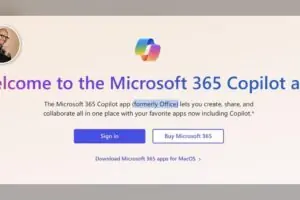Valve’s Steam platform offers an interesting insight at a glance for titles that players own, showing the amount of time that has been spent in titles within the library.
Reports are surfacing today as outlets begin reviewing the upcoming hotly anticipated PlayStation 5 and have noted a few interesting facets; namely that the PlayStation 5 will begin telling players precisely how long they’ve spent within titles. This change is retroactive, meaning that you’ll also be able to see how much time you’ve spent in titles on the PlayStation 4.
This is, of course, supplemented by the recent wide-ranging shifts with the PlayStation 4 that has recently come to fruition, frustrating many users as large aspects and entire mechanics have been crippled with the seemingly erroneous update.
Lest you celebrate too early about the quality of life function coming, you should know that it can become very depressing surprisingly quick.
We’ll start with a fun preface – it takes roughly 10,000 hours to master a skill. Whether that skill is playing the piano or learning to rebuild an engine, estimates typically range around 10,000 hours (which gives an interesting perspective to Bill Murray in Groundhog Day).
The counting becomes a bit less fun when you realize that you could’ve been learning woodworking instead of working through Skyrim, Ark, and Rocket League for ten thousand hours alone; you start adding in the smaller titles that will take only a few dozen hours, and it all starts adding up to where you can be the renaissance man, or you can play video games.
Cynicism aside, this could be a strong improvement if Sony manages to bring it to the PlayStation Store; an aspect which has been its own source of heartache from users over the years with various functionalities. Being able to see precisely how long the average user actively plays a game before deciding to purchase it offers a unique aspect to buying games, where users can directly attribute hours of enjoyment for the price.
If the standard playtime for Eidos’ Thief is 31 minutes (which is when it was shelved personally), and users see that, it won’t necessarily be flying off the shelves when people see that stat. Conversely, a title such as Hotline Miami has far more playtime at a lower price, meaning that the product would sell well for people looking at a direct comparison between price and hours enjoyed.
Of course, this could be unfavorable to Sony and the developers attempting to sell their titles; no developer wants to be acquainted with the idea of offering little while asking for much, and Sony would unlikely be willing to step on anyone’s toes, even in their own walled-garden.
Enjoy counting the hours of your life wasted away while you’re fighting off dragons and shooting thugs; it’s a weird way to look at titles.





